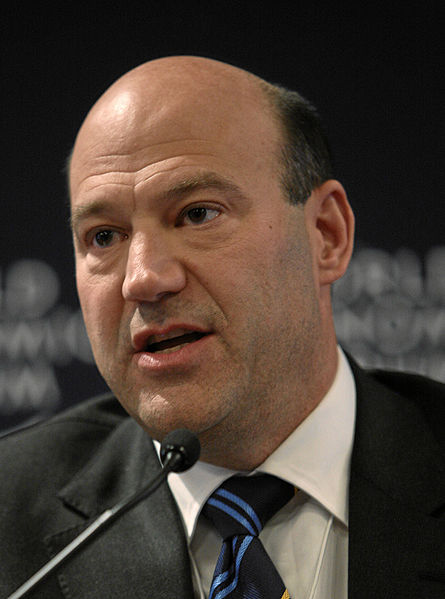Goldman Sachs, the besieged Wall Street baron, fired back at a Senate subcommittee this weekend by releasing a report of its own on the bank’s role in the subprime mortgage markets leading up to the crash of 2008. The report (pdf) is a clear attempt by Goldman to counter claims that it intentionally “shorted,” or bet against, the housing market, even as it peddled the kinds of mortgage-related products its traders were wagering would fail. Its loss of $1.7 billion in residential mortgage-related products in the 2008 fiscal year, and its small market share in the mortgage industry, are evidence that the firm was hardly the subprime bogeyman it’s been made out to be, Goldman claims. “Goldman Sachs did not take a large directional ‘bet’ against the US housing market, and the firm was not consistently or significantly net ‘short the market’ in residential mortgage-related products in 2007 and 2008,” the company says.
Of course, the story is far murkier than that. As McClatchy reported last year (and as Goldman neglects to mention), in 2006 and 2007 Goldman marketed some $39 billion in securities backed by toxic home loans to clients but neglected to mention that Goldman was betting against that same market. McClatchy also reported that Goldman, which had decided to start buying insurance against (i.e., betting against) the housing market in late 2006, used “offshore tax havens to shuffle its mortgage-backed securities to institutions worldwide, including European and Asian banks, often in secret deals run through the Cayman Islands, a British territory in the Caribbean that companies use to bypass U.S. disclosure requirements.”
But there’s one looming question that neither Goldman nor the press has answered: How much exactly did Goldman make from its big-time bets against the housing market? Goldman spokesman Lucas van Praag said in a statement on Saturday that the report released by the firm “demonstrates conclusively that we did not make a significant amount of money in the mortgage market”; however, in the set of emails released by the Senate investigations subcommittee, Goldman CEO Lloyd Blankfein writes in an email that “Of course we didn’t dodge the mortgage mess. We lost money, then made more than we lost because of shorts.” In a different email released by the subcommittee, Goldman CFO David Viniar reacts to news of losses in the mortgage markets, and of Goldman’s subsequent gains, by writing, “Tells you what might be happening to people who don’t have the big short.”
How much Goldman made—whether it’s negligible as company purports it to be, or more significant than that—remains to be seen. Did the firm merely try to counterbalance its long bets on the housing market with the shorts? Or did it reap a massive payday? This week’s hearings in the investigation subcommittee, which bring to Washington top Goldman executives like Blankfein, could finally shed some light on this mystery.
















